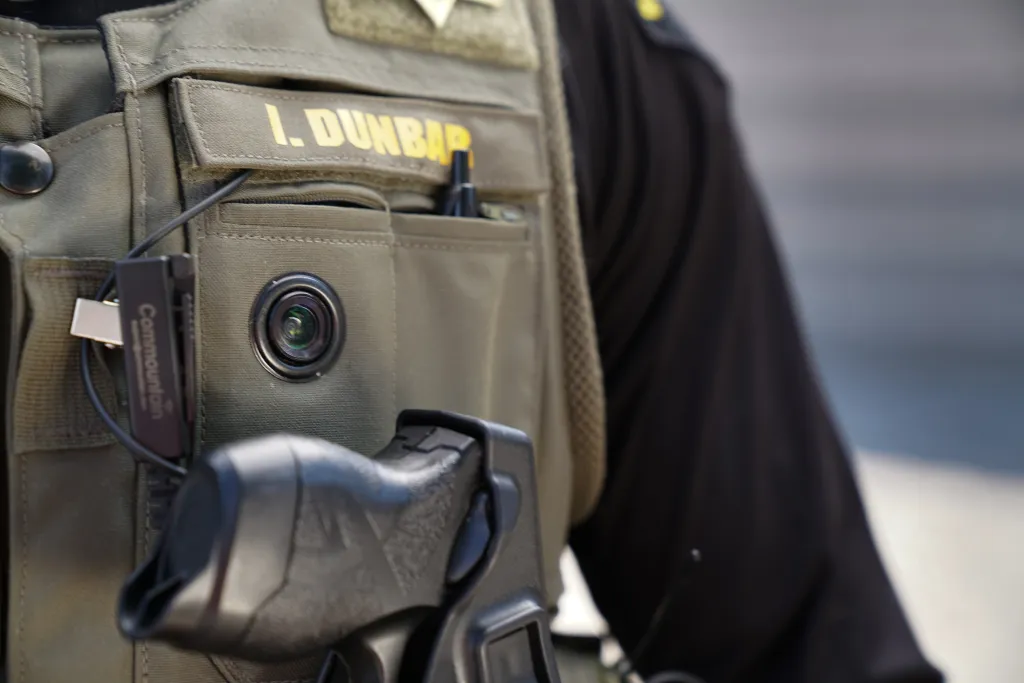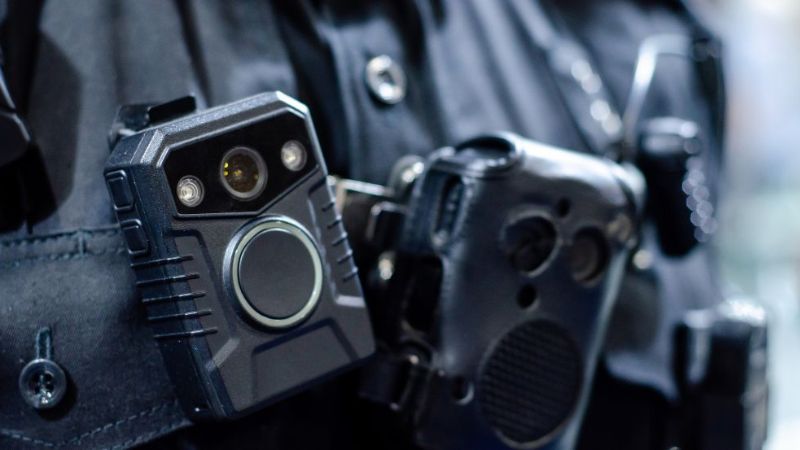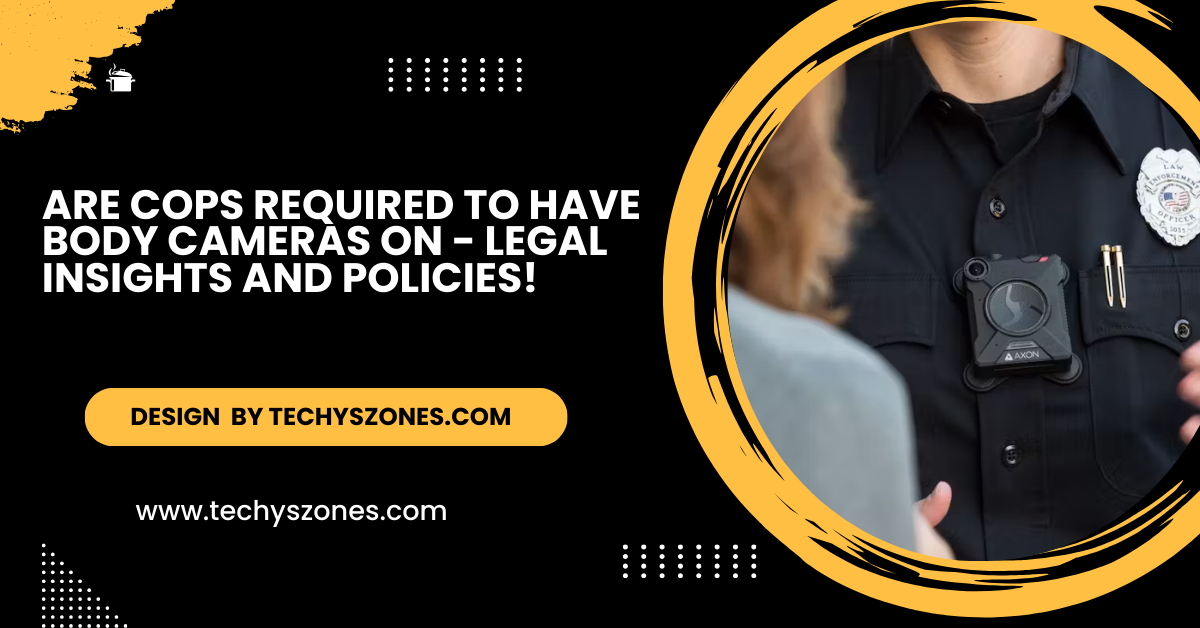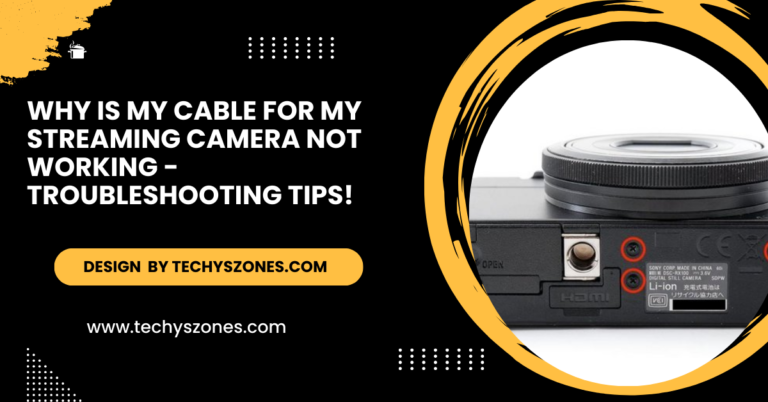Are Cops Required To Have Body Cameras On – Legal Insights and Policies!
Body cameras record police interactions, promoting transparency and accountability. Legal requirements vary by state, with some mandating use, while others leave it to local policies.
In this article, we will explore the role of body cameras in policing, legal requirements, and common policies surrounding their use.
What Are Body Cameras, and Why Are They Important?

Body cameras are small, wearable devices that record audio and video during interactions between law enforcement officers and the public. These devices offer several benefits:
- Transparency: Body cameras help capture an objective record of events, which can be used in investigations or court cases.
- Accountability: The presence of body cameras can encourage proper conduct from both officers and civilians.
- Evidence Collection: Body cameras provide valuable evidence in criminal investigations, helping to resolve disputes over what occurred during an incident.
Are Cops Legally Required to Wear Body Cameras?
The legal requirement for police officers to wear and activate body cameras varies across different states, cities, and police departments. While some states mandate the use of body cameras for all law enforcement officers, others leave the decision to local jurisdictions. Here’s a breakdown:
States with Mandatory Body Camera Laws:
Several states in the U.S. have passed laws requiring police officers to wear body cameras in certain situations. States like Colorado, New York, Illinois, and Maryland have introduced laws mandating body cameras for most law enforcement agencies. These laws often include guidelines on when the cameras must be activated, how long the footage should be stored, and when it can be released to the public.
Also Read: Will Black Magic Video Assit Support Sony Cameras – Top Guide For 2024!
For example:
- Colorado: Passed a law requiring body cameras for all law enforcement officers by 2023.
- New York: Requires officers to wear body cameras during most interactions with the public, including arrests and traffic stops.
States Without a Statewide Requirement:

In some states, there is no statewide law mandating body cameras, but local police departments may choose to implement their own policies. Many large cities, like Los Angeles, Chicago, and Washington, D.C., have adopted body camera programs even without state-level requirements. These programs often vary in terms of when and how body cameras should be used.
Exceptions to the Rule:
Even in states with mandatory body camera laws, there are exceptions. For example, officers may not be required to activate their body cameras in certain sensitive situations, such as when dealing with confidential informants, inside private homes, or in areas where there is a reasonable expectation of privacy. Additionally, some laws allow officers to turn off their cameras if continuing to record would be unsafe or inappropriate.
When Are Police Officers Required to Turn Body Cameras On?
The rules for when police officers must activate their body cameras also differ depending on the department or state laws. Generally, officers are required to turn their body cameras on during interactions that involve enforcement actions or interactions with the public. Common scenarios where officers are required to activate their body cameras include:
- Traffic stops
- Arrests and detainments
- Searches and seizures
- Use of force incidents
- Interviews with suspects or witnesses
Officers are typically instructed to start recording at the beginning of an encounter and keep the camera on until the interaction has ended. However, there are instances where officers may turn off their cameras if it involves sensitive information, such as during interviews with sexual assault victims or confidential informants.
Also Read: Who Makes Anpviz Cameras – Discover the Best Security Brand of 2024!
Consequences for Failing to Use Body Cameras:
If an officer is required to wear and activate a body camera but fails to do so, the consequences can vary depending on local policies and the situation. Some possible outcomes include:
- Disciplinary Action: Officers may face disciplinary action from their department, ranging from a warning to suspension or termination.
- Impact on Investigations: If body camera footage is missing or incomplete, it can affect the outcome of an investigation, including criminal cases. Courts may question the validity of the evidence without the footage.
- Civil Liability: In some cases, departments or individual officers may face lawsuits if body camera footage is unavailable and it leads to questions about misconduct or the violation of civil rights.
The Pros and Cons of Body Cameras in Policing:

While body cameras offer numerous benefits, there are also challenges associated with their use. Let’s look at some of the pros and cons.
Pros:
- Increased Transparency and Trust: Body cameras provide a visual and audio record of police encounters, which can help build public trust and promote transparency.
- De-escalation of Conflicts: The knowledge that they are being recorded may encourage both officers and civilians to behave more calmly and professionally.
- Objective Evidence: Body camera footage can be critical in resolving disputes, whether for criminal cases, internal investigations, or public complaints.
Cons:
- Privacy Concerns: There are concerns about privacy, especially when body cameras record footage inside private homes or sensitive situations.
- Cost and Maintenance: Implementing a body camera program requires significant financial investment for equipment, data storage, and training.
- Selective Usage: If officers selectively activate or deactivate their cameras, it can lead to concerns about accountability.
Also Read: Why Do Reolink Argus 2E Cameras Keep Failing – The Ultimate Guide of 2024!
What’s Next for Body Cameras?
As the use of body cameras continues to grow, many experts are calling for clearer, more uniform guidelines on their use. Advocates are pushing for policies that ensure body cameras are used consistently and fairly across all departments, and that the public has access to footage when appropriate. At the same time, law enforcement agencies are working to balance transparency with privacy concerns and the cost of managing large volumes of video footage.
FAQ’s
1. Are police officers legally required to wear body cameras?
It depends on the state or local jurisdiction. Some states mandate body cameras, while others leave it to police departments to decide.
2. When are officers required to turn body cameras on?
Officers usually need to activate body cameras during public interactions like traffic stops, arrests, or use-of-force incidents.
3. Are there any exceptions to using body cameras?
Yes, in some situations like private homes or confidential interviews, officers may be allowed to turn off their cameras.
4. What happens if an officer fails to use a body camera?
Failure to use body cameras can lead to disciplinary actions, affect investigations, or result in civil liability.
5. What are the pros and cons of body cameras?
Pros include increased transparency and objective evidence. Cons include privacy concerns and the cost of implementation.
Conclusion:
Body cameras enhance transparency and accountability in law enforcement, but their use isn’t required everywhere. Laws vary by state and department, with some exceptions for privacy-sensitive situations. Officers must typically activate cameras during public interactions like arrests. As body camera use grows, balancing transparency, privacy, and costs remains a challenge for police agencies.







